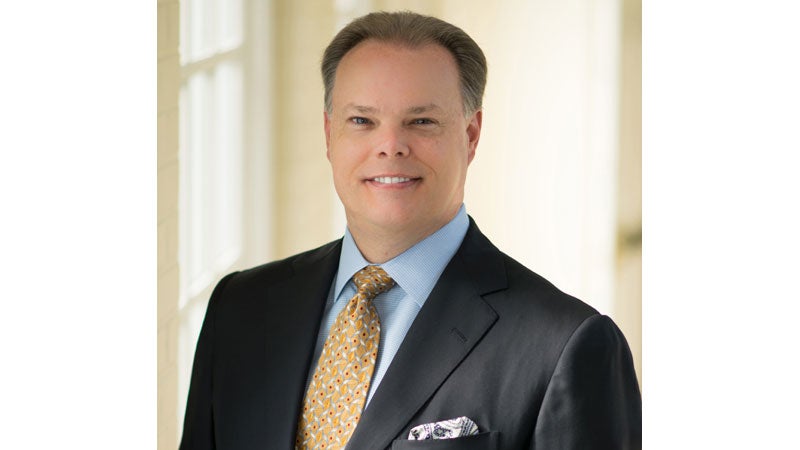COLUMN: Finishing what we’ve started
Published 8:00 am Tuesday, July 9, 2024

- Charles Qualls
|
Getting your Trinity Audio player ready...
|
You may find us to be more interested in horse racing at our house than might conventionally make sense. Oh, don’t misunderstand. We don’t really follow it year-round.
Our interest is solely around each annual running of the Kentucky Derby. In fact, like many former seminary students in Louisville, I once worked at the Kentucky Derby when we were in school. They felt we would be trustworthy, so they hired dozens of us annually. Working that one weekend could buy books for a year.
We love to watch the Derby to this day. We love the pageantry and the competition of the whole thing. When that week arrives each year, it kicks off a miniature season of symbolic passages at our house.
Horse racing involves a lot of humans doing their jobs before the horse ever runs. The jockey’s job is to know when to do what they call “asking the question.” That’s when they finally urge the horse to speed up a little or even kick into top gear and give it their all.
Do that too early and your horse simply doesn’t have enough left to win. Too late, and your horse may be too far behind to catch up. But besides urging or holding the horse’s speed back, the jockey has at least one other job. He or she also has to stay on board the animal. A horse can’t win the race if they go across the finish line without a rider.
Of course, you know by now that I wouldn’t be telling you this story if it didn’t matter because finishing well what we’ve started really is a key in life. Isn’t it?
When you get down to it, starting something is pretty irrelevant if we don’t finish. I’ve heard people say that they know they can quit smoking or stop using some substance they’ve come to depend on. Then they attach the punchline, “I know I can quit it because I’ve quit it dozens of times before.” In all sympathy, I know crossing the finish line is hard.
When my publisher asked me to write a book, starting the manuscript hasn’t mattered one time if I didn’t reach the finish line. You or I could start anything, but what we finish normally matters most.
As we consider 2 Corinthians 8: 7-15, I could have talked about money in response to this part of Paul’s letter to the church at Corinth. Most scholars, who aren’t usually worried about money, hear him talking about that in this section. Money.
Specifically, the Corinthians have for some time been raising funds to contribute to another church’s needs. Paul has praised them for that. Now, in this portion of his second letter, he urges them to finish the good work they have begun in that offering.
Generosity and involvement include but also transcend offerings. But let’s stir money into it for just a second. The only people I’ve ever heard get bent out of shape when the pastor talks about money are people who, for whatever reason, aren’t supporting the church financially.
Paul, when he talks about generous and responsible involvement, monetarily or otherwise, does so in the best way. He talks about proportional ability—giving that emerges from our means in a fair way. I hope that comforts you.
I joined my home church and was baptized when I was in the fourth grade.
Contrary to what many made faith sound like, eventually, I understood that these things had only been my spiritual beginning rather than a destination.
When you think about it, a nine-year-old faith can’t possibly be enough to sustain me for a lifetime. People like Jesus and the apostle Paul see more maturely in a world where we emphasize the beginning. More fully.
Here, Paul says to those who profess eagerness but don’t know what they’re even talking about, “Now finish doing it so that your eagerness may be matched by completing it according to your means.”
God is ready to take you and me on our own terms—not to go and live anyone else’s life but to live our lifetimes of faith on our terms with our Creator.
To finish well what we’ve started. To be faithful according to the gifts God has given us, and according to the calling that God has given us collectively and individually. But if we’re going to do this, we’ll have to place our trust in more than meets the eye.
DR. CHARLES QUALLS is senior pastor at Franklin Baptist Church. Contact him at 757-562-5135.





